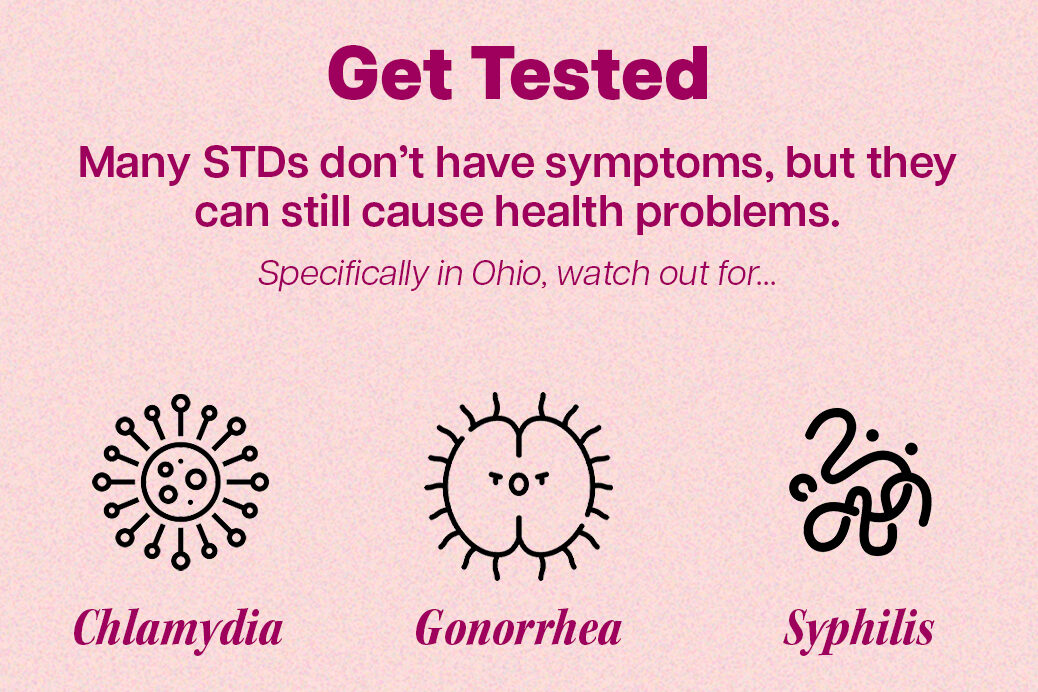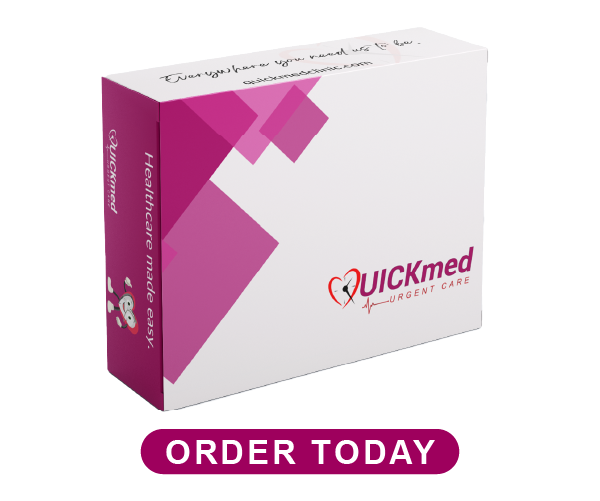QUICKmed STI Test Kits: 10 Things You Should Know About STIs

Here are 10 things you need to know about STIs
When it comes to sexual health, knowledge really is power. And in 2025, there’s no reason we should still be letting stigma or misinformation keep us from getting the care we need. That’s where QUICKmed comes in—with discreet, at-home STI test kits that make taking control of your health easier and more private than ever.
1. Anyone Can Get an STI
STIs don’t discriminate. Regardless of age, gender, sexual orientation, or relationship status—if you’re sexually active, you could be at risk. That’s why regular screening matters for everyone, not just certain groups.
2. You Can Have an STI Without Symptoms
One of the biggest myths? That you’ll know if you have an STI. Many common infections like chlamydia or gonorrhea can show no symptoms at all—which means you could pass it along without knowing it.
3. STIs Aren’t Always Transmitted Through Intercourse
STIs can spread through vaginal, anal, or oral sex—but also from skin-to-skin contact. HPV and herpes, for example, don’t always require penetration to be transmitted. Protection helps, but testing is your best defense.
4. Untreated STIs Can Lead to Serious Health Problems
Left untreated, STIs can cause infertility, pelvic inflammatory disease, complications during pregnancy, and even increased HIV risk. Early detection = early treatment = fewer complications.
5. Testing is Easier Than Ever with At-Home Kits
With QUICKmed’s at-home STI and UTI testing, you don’t have to make an appointment, sit in a waiting room, or feel uncomfortable. Everything you need is mailed discreetly to your door, and results are confidential and accessible online.

6. Stigma Around STIs Still Delays Care
Let’s be honest—shame is still a barrier for too many people. But having an STI doesn’t mean you’re lesser or irresponsible. These are common infections that deserve common-sense care. Getting tested is a sign of respect for yourself and your partners. Read more on how testing is self-care.
7. Condoms Reduce Risk—But Don’t Eliminate It
Protection is important, but it’s not a foolproof shield. Condoms greatly reduce the risk of transmission, but no method is 100%, according to the World Health Organization. That’s why even people who always use protection should still get tested regularly.
8. Routine Testing Should Be Part of Your Health Plan
The CDC recommends that most sexually active people under age 25 get tested for STIs at least once a year—and more often with new or multiple partners. If you’re experiencing symptoms, get tested right away.
9. You Deserve Judgment-Free, Accessible Health Care
No one should feel judged for prioritizing their health. QUICKmed’s mission is to make testing easy, stigma-free, and accessible. You deserve to feel safe and informed when it comes to your body.
10. Treatment with QUICKmed is Simple, Fast, and Private.
Most bacterial STIs like chlamydia or gonorrhea can be treated quickly with antibiotics. The sooner you get treated, the sooner you can prevent complications—and get back to feeling like yourself. Order your at home test kit today to check your health, not guess it.
Ready to Take Control?
With QUICKmed, you can order a test online, get fast results, and feel confident knowing you’re prioritizing your health—all from the comfort of home. No shame. No waiting rooms. Just real, reliable care on your terms.

Share this post if you found it helpful!
